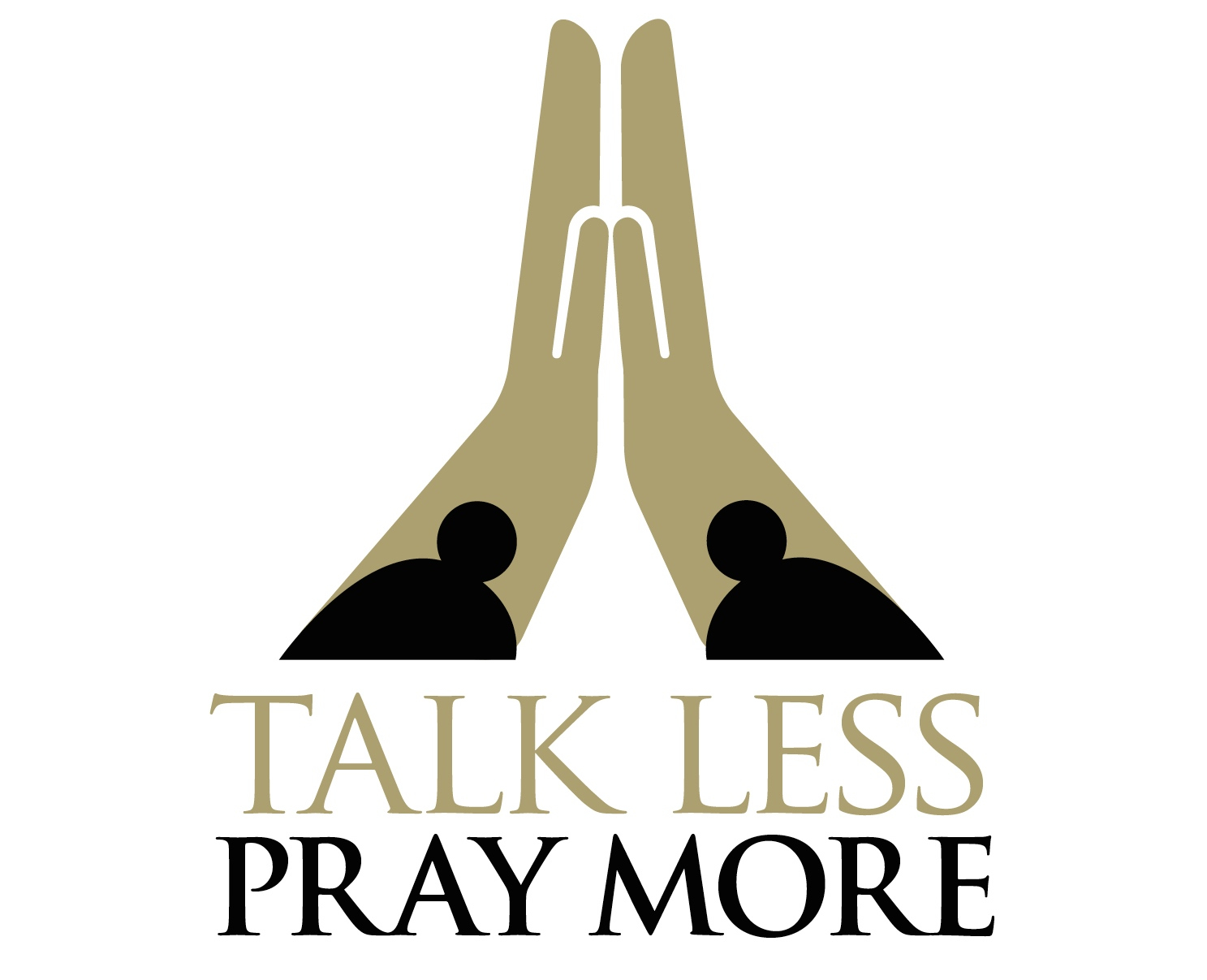Praying til Pentecost Day 21
"As the Father has sent Me, I also send I you. " John 20:21
The Risen Christ instructed His disciples that the baton of His mission on earth was about to be passed to them. God had sent His Son into the world to share the good news of salvation. Jesus was going home to be seated next to His Father, and He was leaving the eleven disciples behind to take on His mission to the world.
My athletic career reads like a Greek tragedy. It is not an inspiring collection of victories, but it does contain a few chapters of lessons learned in the agony of defeat. One of the greatest lessons I learned was from Coach Clyde Hart of Baylor University. He was my college coach, and is today recognized as one of the premier track coaches in America. I didn't have much to do with the embellishment of his credentials, but I do have an appreciation for the man and his methods. He had a personal interest in sprinters, and the relay races that required the safe passage of a baton from one man to another. He reminded us daily that the baton was the focus of the race. Victory did not go to the fastest man, or the fastest team, but to the fastest baton. Running fast without the safe delivery of the baton would mean defeat. Dropping the baton and finishing the race ahead of a team that was slower, safer and surer would not bring a medal. The baton was the key. We were told to watch our lanes, stay within the lines, focus on the baton, grip it firmly and not to let go until the next man had it in his hand securely. This is hard to do when the arms and legs are flailing, the "spit and vinegar" is flying and aggressive men are merging into a tight space with spikes on their feet and a finish line in their sights. In the midst of a great adrenalin rush, or intense collisions with the enemy the baton can be dropped. We were told to protect the baton, and not to come to the finish line without it.
The disciples were not being invited to enter a fitness program to develop their own spiritual strength. They were being passed the baton of the Gospel, the good news of salvation. They were going to be runners carrying the same message that Jesus had brought from God's lips to men's ears. Perhaps even more accurately, they were being given a commission in a marching army, and told to run to the sound of the guns. They were not heading to the finish line to receive a trophy, but they were being commissioned to charge to the gates of hell and attack.
Death had no hold on Jesus. The disciples were being forewarned that their mission in life was going to be focused on safely delivering the message of God. They were to pass on the good news of eternal life available to people through putting their faith in His Son, Jesus Christ.
Only God knows what the disciples really heard, or understood when Jesus spoke these words to them. The chances are pretty good that they did not comprehend what they were being commissioned to do. At that moment, the challenge of the call was not so important to them as the reality of the Presence of the Risen Lord. When Jesus was with them, He made everything seem possible. Whatever He told them to do probably seemed secondary to the fact that they were within reach of a personal touch from Him.
The joy of His Presence has the capacity to overcome the fear of His mission. When Christ followers focus more on the details of the mission more than conversation with the Master, the demands of the system will always overshadow the Savior. Jesus offered Himself to the disciples first, and then He gave them an assignment.
The power of the resurrection was going to be released in the lives of the disciples through the Person of the Holy Spirit. The purpose of the 50 days of waiting between Easter and Pentecost was two fold. This period of time brought the disciples to the end of themselves so they would be ready to receive The Promise of The Spirit. This 50 day delay also provided travel time that brought the greatest number of people into Jerusalem for a very popular feast day. God would seize the day of the Feast of Pentecost, and deliver His church to have a world wide impact through the lives of obedient Christ followers.
Contrary to popular belief, people really do love to get good news. They may not receive the baton of salvation the first time it is passed to them. The role of the Christ follower is to protect the baton, and pass it on again and again. Run to the sound of the guns, and pass it on.
Quote of the Day: "What powerfully poignant observations Jesus makes on the dangers of being around the Living Word and our still not responding, of having it fall on our ears only as optional pieces of information rather than as required hearing for personal change." Jack Hayford
